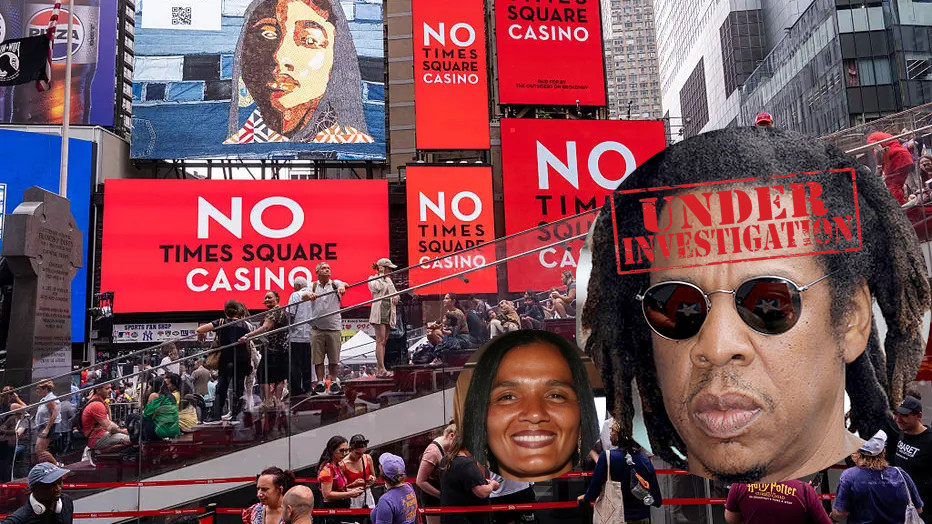Silvia Delgado, who once represented the notorious drug kingpin Joaquín "El Chapo" Guzmán, has made headlines by being elected as a judge in Mexico's groundbreaking judicial elections. Published voting results on Tuesday revealed that Delgado garnered enough support to secure a legal position in Ciudad Juárez, a city located on the US-Mexico border. Her election has sparked widespread controversy, especially from leading transparency organizations that raised allegations of her connections to organized crime, claims that Delgado has vigorously denied. She stated that her past defense of El Chapo was simply a professional obligation, emphasizing the principle of legal representation.
The 51-year-old lawyer was part of the legal team for Guzmán prior to his extradition to the U.S. in 2017. Guzmán, the former head of the Sinaloa cartel, was sentenced to life in prison on drug trafficking charges in 2019. Despite facing scrutiny over her previous involvement with such a high-profile criminal case, Delgado maintained that any conflict of interest would not influence her judicial decisions.
Following the release of the election results, Delgado chose to withhold comments until her victory is formally announced. This election marks a crucial change in Mexico's judicial system, prompted by reforms from the governing Morena party aimed at making the judiciary more democratic and responsible to the electorate. However, detractors argue that these reforms threaten the independence of judicial proceedings.
Voter participation in the election was notably low at just 13%, the lowest for any federal election in Mexico, indicating a general lack of interest amongst citizens in selecting judges directly. In contrast, President Claudia Sheinbaum hailed the election as a significant achievement, highlighting the need for reform in the judicial system amid ongoing national discussions about legal integrity and political accountability.
The 51-year-old lawyer was part of the legal team for Guzmán prior to his extradition to the U.S. in 2017. Guzmán, the former head of the Sinaloa cartel, was sentenced to life in prison on drug trafficking charges in 2019. Despite facing scrutiny over her previous involvement with such a high-profile criminal case, Delgado maintained that any conflict of interest would not influence her judicial decisions.
Following the release of the election results, Delgado chose to withhold comments until her victory is formally announced. This election marks a crucial change in Mexico's judicial system, prompted by reforms from the governing Morena party aimed at making the judiciary more democratic and responsible to the electorate. However, detractors argue that these reforms threaten the independence of judicial proceedings.
Voter participation in the election was notably low at just 13%, the lowest for any federal election in Mexico, indicating a general lack of interest amongst citizens in selecting judges directly. In contrast, President Claudia Sheinbaum hailed the election as a significant achievement, highlighting the need for reform in the judicial system amid ongoing national discussions about legal integrity and political accountability.


















